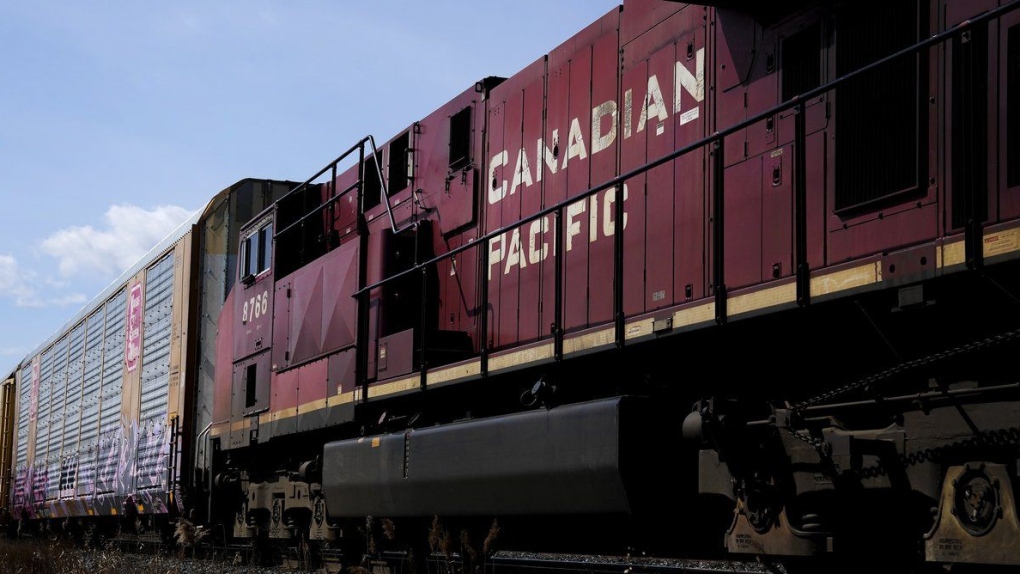Labour Minister Steve MacKinnon has made a significant decision by rejecting the Canadian National Railway Company’s request for government intervention in its ongoing labour dispute with the union representing railway workers. This decision comes at a critical moment as the threat of a lockout or strike looms, which could have serious repercussions for the economy and the livelihoods of Canadians who depend on the rail network.
The dispute between the Canadian National Railway Company and the union has reached a stalemate, with neither side willing to compromise on key issues. As the deadline for potential action draws near, the possibility of a lockout or strike becomes increasingly likely.
Minister MacKinnon’s decision signals a clear stance that the government is not prepared to intervene, emphasizing the importance of collective bargaining and allowing the parties involved to reach a resolution independently. While this hands-off approach upholds the principles of fair negotiation, it has sparked debate. Critics argue that the government should step in to prevent disruptions that could harm the economy and public welfare, while supporters believe that government interference could set a risky precedent for future labour disputes.
The decision not to intervene also reflects broader implications for how the government may handle future labour conflicts, particularly in critical industries like transportation. By leaving the resolution process to negotiation and compromise, the government reinforces the importance of sustainable, long-term solutions over quick fixes.
As tensions rise and the deadline for action approaches, the industry and the public will be watching closely to see how this situation unfolds. The stakes are high, with the potential for significant impacts on workers, the economy, and the transportation network. Ultimately, Minister MacKinnon’s decision sets the tone for how the government will navigate labour disputes in the future.









 English (US)
English (US)